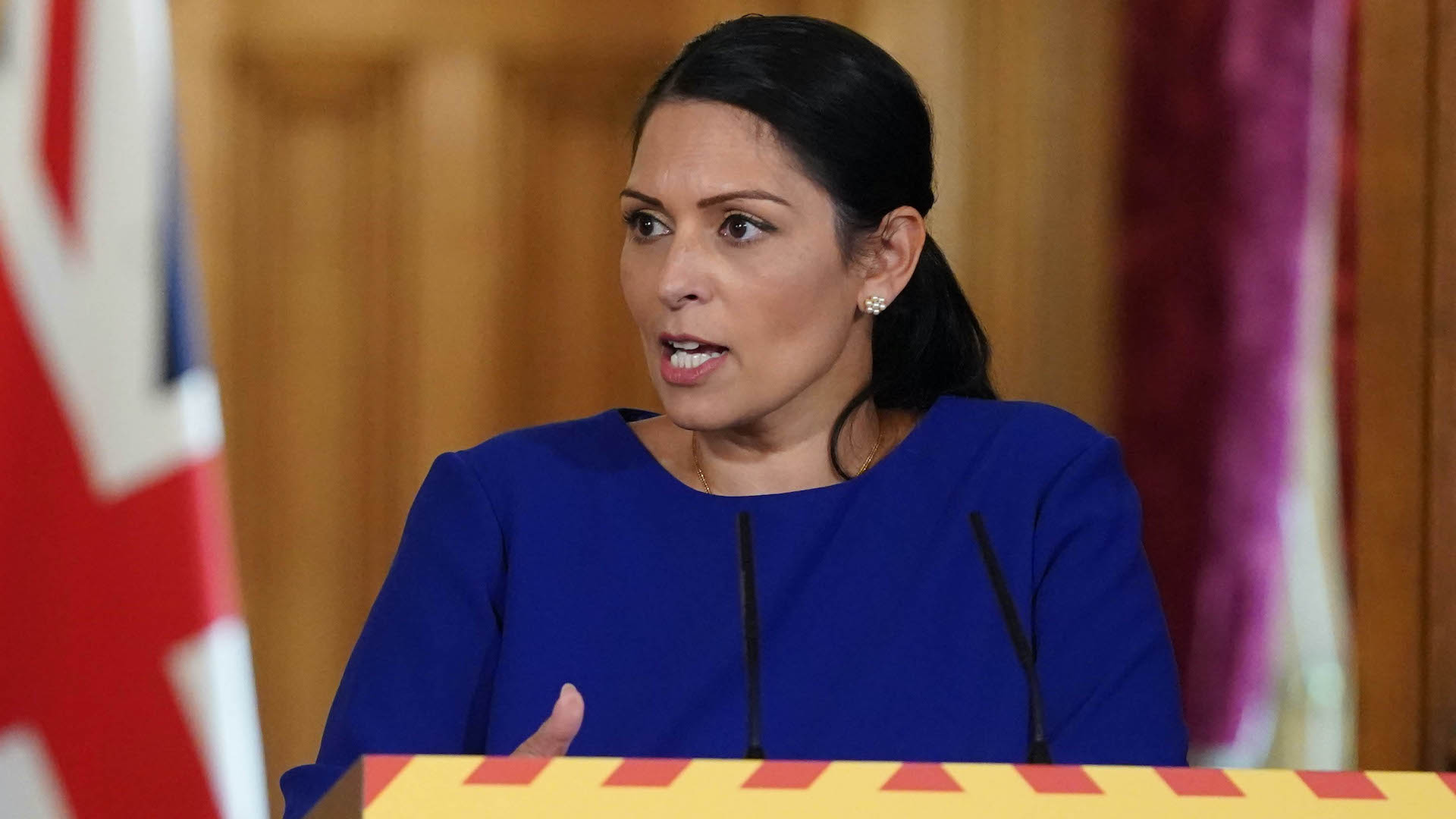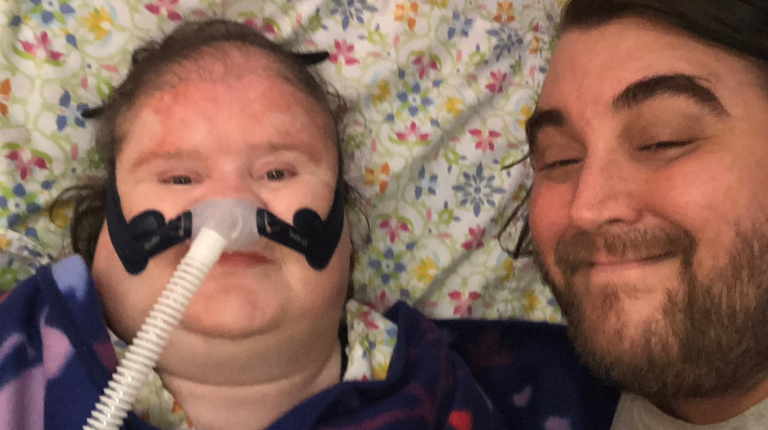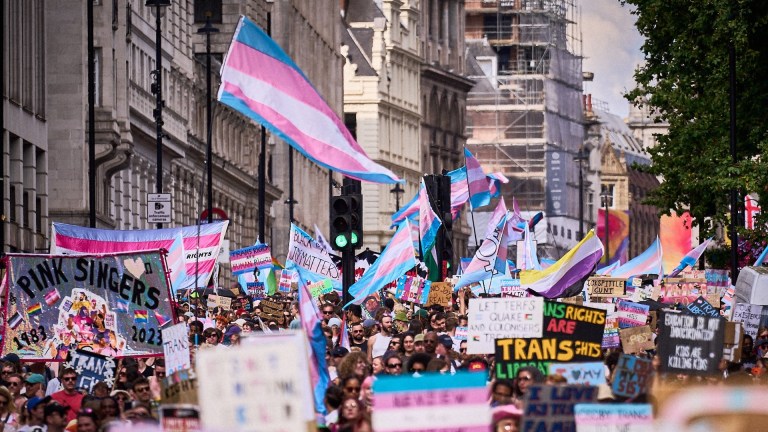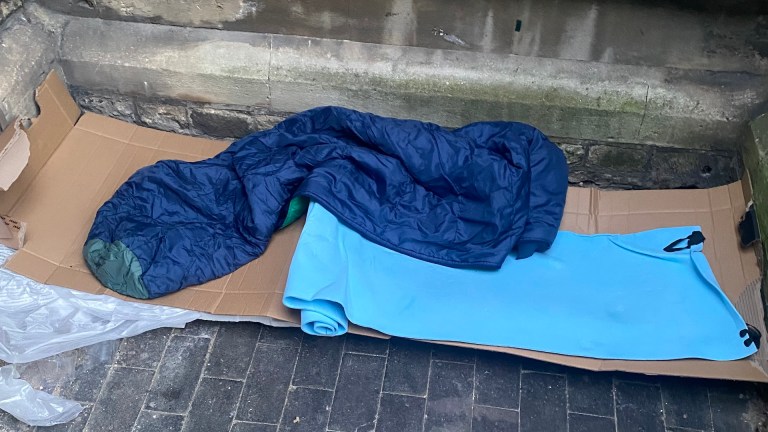In the legislation, the government said it believes people looking to establish their family life in the UK “must do so on a basis that prevents burdens on the taxpayer”.
The policy forms part of the so-called “hostile environment” which the government set out to create for undocumented immigrants, announced in 2012 under the Conservative and Liberal Democrat coalition.
Other measures included making it illegal for many immigrants to work, fining landlords up to £20,000 for renting to people in the UK unlawfully and requiring banks check a person’s immigration status before letting them open an account.
Who has no recourse to public funds?
People who are “subject to immigration control” have no recourse to public funds.
It applies to those who have limited leave to remain in the UK, which can extend to students and spouses of British citizens, as well as to migrants on work visas and asylum seekers.
The condition is also applied to children whose parents are migrants with limited leave to remain, even if the children themselves are British citizens, because families’ welfare entitlement is calculated according to the adult who could claim it.
Advertising helps fund Big Issue’s mission to end poverty
It is a criminal offence for anyone subject to NRPF to claim benefits in the UK.
Are there exceptions to the no recourse to public funds policy?
People who have permanent settled status in the UK can claim benefits and housing support.
The NRPF policy does not apply to refugees or those receiving “humanitarian protection” in the UK.
The Home Office does make some exceptions for people who can successfully prove they are destitute or at risk of imminent destitution.
The condition also does not affect victims of trafficking or modern slavery, or unaccompanied children seeking asylum.
Women accounted for around 85 per cent of people applying to have the NRPF condition removed because they were facing destitution, campaigners the Unity Project said. early all of the applicants were single mothers who were struggling to find work because they were not entitled to childcare support from the government.
Advertising helps fund Big Issue’s mission to end poverty
What impact does the NRPF policy have?
The Home Office does not collect data on how many people have no recourse to public funds. But Citizens Advice research showed around 1.4 million people are subject to the policy, an increase of 300,000 since 2016. More than 80 per cent of those affected are from Black and minority ethnic backgrounds.
The rule makes it harder for people to escape poverty and means children whose families have NRPF are “severely impacted,”, Amnesty International said, ineligible for free school meals after year three while facing a high risk of housing and food insecurity.
It means families are deprived of a “vital safety net” even in times of crisis, the Children’s Society said.
The NRPF policy being sustained during the Covid-19 emergency meant thousands of families were pushed even deeper into poverty. Citizens Advice helped someone impacted by NRPF every twenty minutes between March and June 2020 as the pandemic pushed already struggling families further into hardship, without access to welfare support.
A fifth of migrants surveyed by the Joint Council for the Welfare of Immigrants (JCWI) lost their jobs during the pandemic, and nearly 75 per cent were subject to the NRPF condition. More than half said it was not possible to safely self-isolate in their home due to overcrowding and insecure housing.
The policy “creates a culture of fear and confusion”, JCWI said, with 58 per cent of the migrants they surveyed saying they would be afraid to use healthcare services in case they were charged or their information was shared with the Home Office.
Advertising helps fund Big Issue’s mission to end poverty










